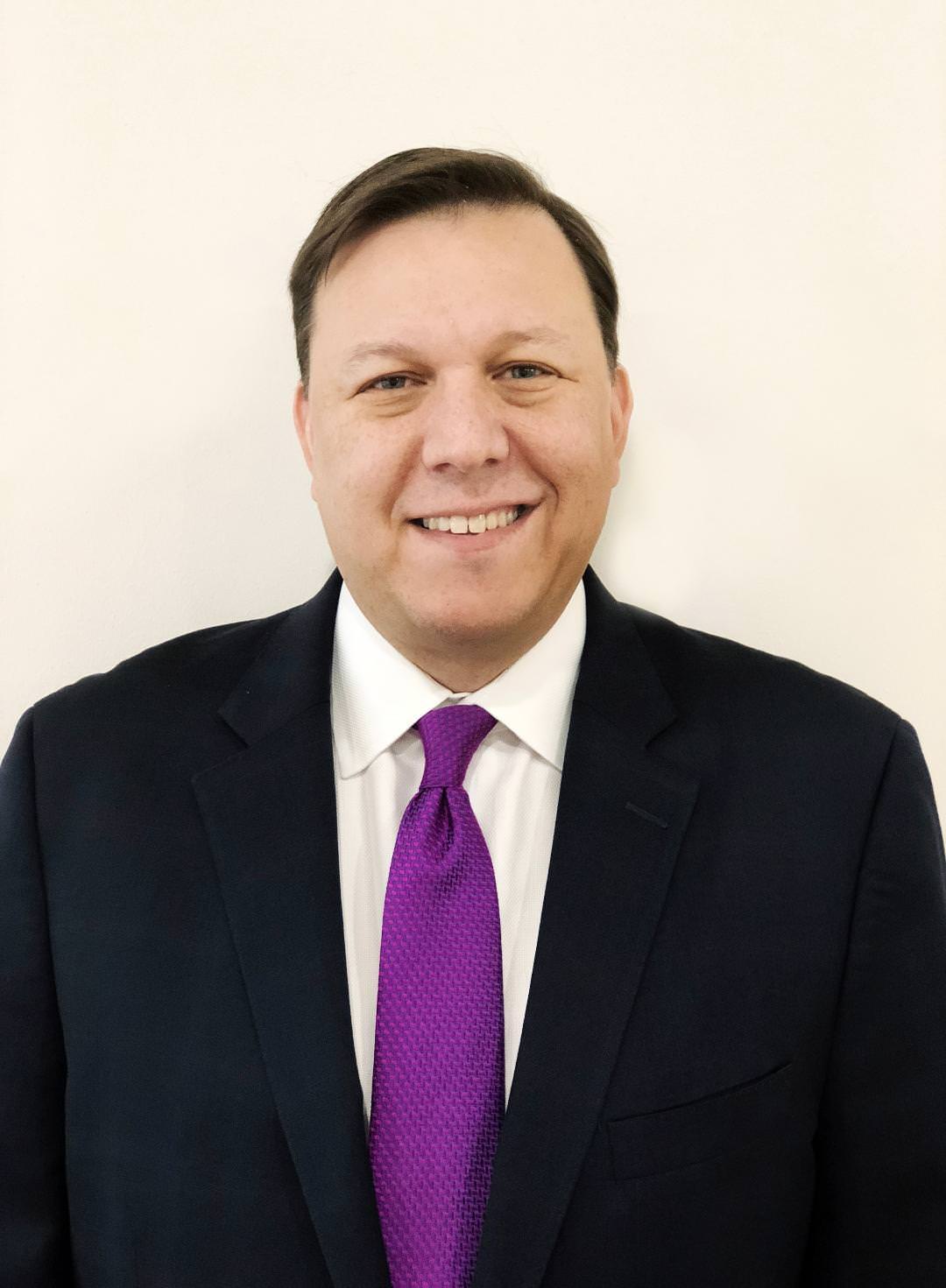March Monthly Policy Update
Six months past its due date – but better late than never, right? – Congress finally completed its work on appropriations for Fiscal Year 2024.
The agreement’s celebration was limited to the finality it gave the drawn-out process; the actual substance brought little solace to public health advocates. Still, those of us who work in the recovery community can be proud of what we accomplished. We did not fare nearly as poorly as other programs housed within the Department of Health & Human Services.
Funding for the Substance Abuse and Mental Health Services Administration (SAMHSA) was slightly down overall, yet programs that focused solely on recovery did not feel this pinch. The Building Communities of Recovery (BCOR) grant program received an increase of $1 million, bringing the total to $17 million for this fiscal year. The purpose of the BCOR program is to mobilize and connect a broad base of community-based resources to improve the quality of long-term recovery supports for persons with Substance Use Disorder (SUD) and/or Co-Occurring Substance Use and Mental Health Disorders (COD).
These grants are intended to support the development, enhancement, expansion, and delivery of recovery support services (RSS), as well as recovery education and promotion. It is expected that these grant activities will be administered and implemented by individuals with lived experience (in recovery from SUD or COD) and should reflect the needs of the community being served.
At inception, BCOR was funded at $5 million. The advocacy of Faces & Voices of Recovery has tripled that number.
Another priority for the recovery community at SAMHSA is the Treatment, Recovery, and Workforce Support (TRWS) program. Its goal is to support individuals in SUD and/or COD treatment and recovery to live independently and participate in the workforce.
One of the pillars of recovery is gainful employment. The TRWS program aims to help participants gain viable employment while supporting their recovery journey. This program requires grant recipients to coordinate among state workforce development boards, local workforce development boards, state agencies responsible for a workforce investment activity, Indian Tribes, Tribal organizations, and state agencies responsible for carrying out SUD or COD prevention and treatment programs.
Two years ago, funding for TRWS was at $10 million. This program will receive $12 million in funding this year (the same as the last fiscal year). We hope to continue to make gains in moderate increments in the future.
Finally, Faces & Voices played a large role in a Capitol Hill briefing aimed at passing the RESTORE Act (Re-Entry Support Through Opportunities for Resources and Essentials), which would eliminate the prohibition on SNAP (Supplemental Nutrition Assistance Program) benefits for convicted felons. SNAP provides food benefits to low-income families.
The RESTORE Act has been a high legislative priority for Faces and Voices of Recovery. Two members of their Advocacy and Outreach team, Keegan Wicks and Amanda Cassidy-Trejo, recently participated in Congressional panels promoting the virtues of the legislation and highlighting the detrimental impact inaccessibility to SNAP would have on people in recovery.
One of the bill’s original sponsors, Senator Cory Booker, noted that those with prior drug convictions have often struggled with substance use disorders, and that hunger and poverty disrupt the process of treatment, making it more difficult to achieve remission from addiction. SNAP provides an important safety net for people with food insecurity, and, in particular, for folks with food insecurity who are also working toward long-term recovery.

Andrew Kessler
Principal
Andrew D. Kessler, JD, is founder and principal of Slingshot Solutions LLC, a consulting firm that specializes in behavioral health policy. With 20 years of policy experience- and over a decade in behavioral health- Kessler is a fixture in circles that advocate for substance abuse treatment, prevention, recovery, and research. He collaborates frequently with congressional offices, the White House Office of National Drug Control Policy, the National Institute on Drug Abuse (NIDA), the Substance Abuse and Mental Health Services Administration (SAMHSA), and other federal actors. He is a frequent contributor to Politico, The Hill, and Alcohol and Drug Abuse Weekly,
Kessler has written legislation and report language published by both the House and Senate, and has presented orally before such bodies as the Scientific Management Review Board, the College on Problems of Drug Dependence, and the National Conference on Addictive Disorders. He is highly sought after as a speaker on substance abuse policy, as well as on advocacy training. He has presented on these subjects around the nation, and on several webinars as well.
Kessler received his Bachelor of Arts in 1993 from Washington University in St. Louis. In 1999, he graduated from American University’s Washington College of Law, where he received multiple awards and recognition for his legal analysis and moot court performance. He lives in Fairfax, Virginia, with his wife and two children.
